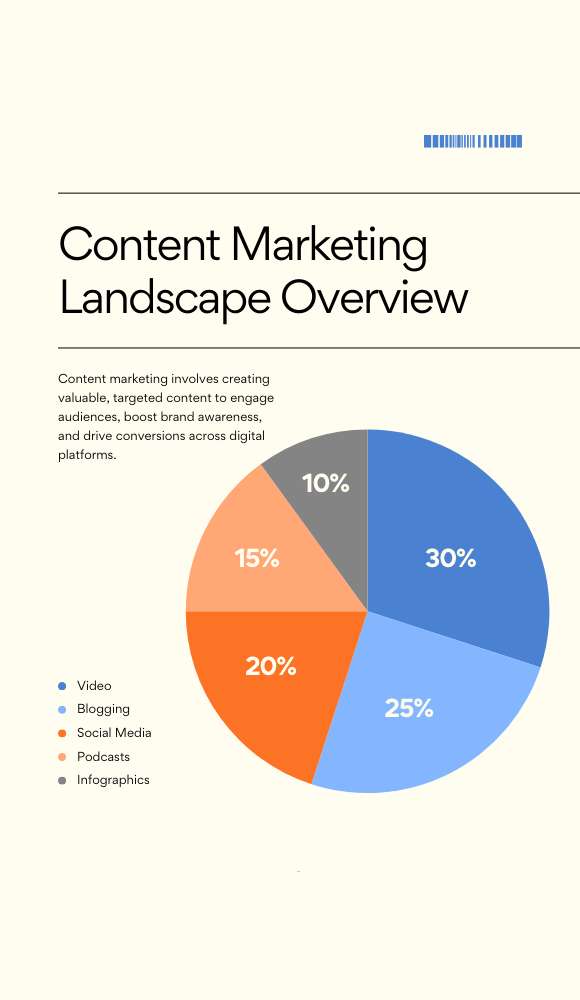Cursor
mode
Social Content Strategy
A robust social content strategy drives engagement and brand growth. Start by defining goals and understanding your target audience. Plan content themes aligned with your brand, mixing educational, entertaining, and promotional posts. Use a content calendar for consistency and optimize posts with visuals, hashtags, and captions. Regularly analyze performance to refine your approach and ensure relevance across platforms.
- Approch
- Creativity
- Experienced









Defining Your Content Pillars
Content pillars are broad topics that align with your brand’s mission and audience interests. Define 3-5 core content themes (e.g., tips, product demos, user stories, etc.) to guide your content creation. These pillars help maintain consistency and ensure your content resonates with your target audience.

Tailoring Content for Different Platforms
Each social media platform has its own audience and content preferences. Tailor your content to suit each platform’s strengths—short-form videos for TikTok, in-depth articles for LinkedIn, and high-quality visuals for Instagram. Adapting content ensures higher engagement and relevance for platform-specific users.

Balancing Promotional and Value-Driven Content
Your social media strategy should strike a balance between promotional posts and value-driven content. Too many ads can turn followers away, while too much value-based content may not drive enough sales. Create a mix of informative, entertaining, and promotional posts to engage and convert your audience.

Creating Content That Encourages Engagement
Content should invite audience interaction. Ask questions, run polls, or encourage user-generated content. Creating interactive posts such as challenges or polls fosters a sense of community and makes your followers feel more involved in your brand, increasing long-term engagement.

Repurposing Content Across Multiple Formats
Maximize your content's reach by repurposing it into different formats. Turn a blog post into a series of social media posts, transform an interview into a video, or summarize it in an infographic. Repurposing helps you maintain consistency while catering to different preferences and platforms.

Measuring Content Performance and Adjusting
Constantly track how your content performs to determine what resonates most with your audience. Use analytics tools to measure metrics like engagement, reach, and conversions. Based on this data, adjust your content strategy by emphasizing the types of posts that generate the best results and discontinuing underperforming formats.


